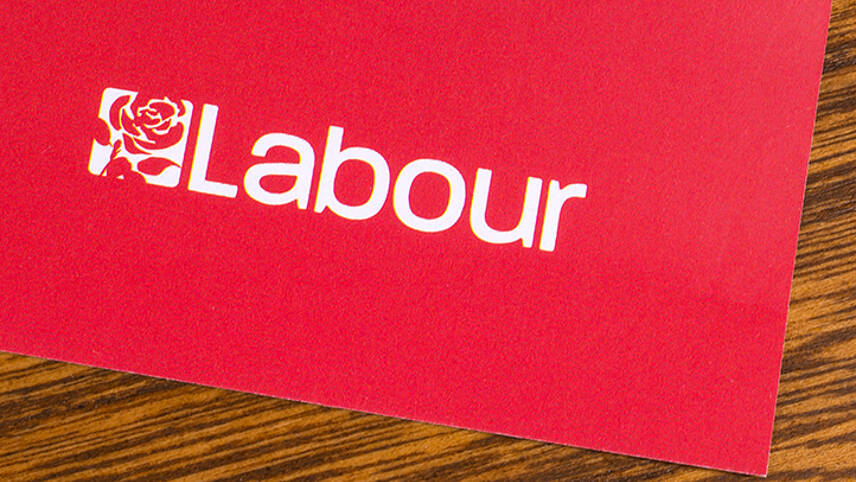Register for free and continue reading
Join our growing army of changemakers and get unlimited access to our premium content

The Great British Energy website went live late on Thursday night (30 May), providing more information on how the company would work and the benefits it could bring in terms of lower energy bills, new green jobs and future-proofing the UK.
Labour leader Kier Starmer has stated that setting up Great British Energy would be one of his government’s first steps after the election on 4 July.
Great British Energy would focus on energy generation in the first instance, the website confirms. It would be backed with public funding from Labour’s slimmed-down multi-billion-pound annual green investment coffers. This funding would be raised through an enhanced windfall tax on North Sea oil and gas operators, who already pay a 75% tax rate which would be hiked to 78% under a Labour Government.
Labour wants to use Great British Energy support both mature renewable and nuclear technologies, and emerging technologies such as floating offshore wind, tidal and renewable hydrogen. Regardless of a technology’s maturity, the aim will be to crowd in private investment by offering the public funding and government expertise needed to reduce risks for investors.
Great British Energy would be based in Scotland, and Labour has a vision to ensure that it supports energy generation assets in all UK regions. It will partner with other organisations to deliver at least 8GW of community renewables over the course of the next Parliament.
The incumbent Conservative Government notably made no provisions to accelerate the deployment of community renewables through the Energy Act. Community energy organisations have cited barriers including planning, accessing funding for upfront costs and difficulty finding ways to sell surplus electricity locally.
Starmer and his shadow cabinet are pitching Great British Energy to the general public with a promise to bring down bills and safeguard Britain against any future energy price crises.
The Energy and Climate Intelligence Unit’s head of parliamentary engagement Alasdair Johnstone believes this is a sensible approach.
He said: “The UK has spent £100bn on gas during the energy crisis of the last couple of years, placing a burden not only on bill payers but also taxpayers as bills were subsidised. With prices are set to go up again in October, there will be a need to insulate from more gas price volatility.
“This means using less gas and more British renewables along with insulating homes so they leak less heat. Recent polling showed that the public think that the best long-term solution to the energy crisis is to decrease dependence on gas and transition to renewable energy.”
The ECIU and other green groups have stated that shifting the electricity generation mix is only one part of the puzzle; Parties will also need to set out their plans for improving energy efficiency and decoupling wholesale electricity prices from wholesale gas prices.


Please login or Register to leave a comment.